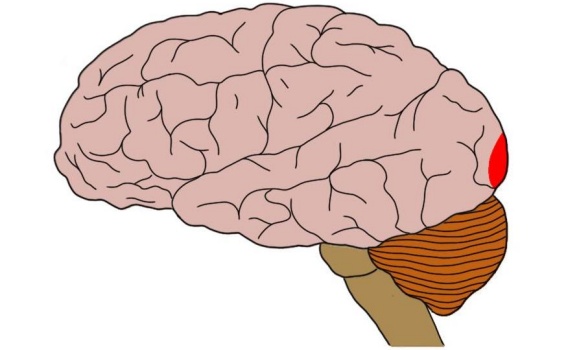Stories
» Go to news mainVariability and bias between magnetoencephalography systems in localization of the primary visual cortex

Dr. Steven Beyea and Dr. Timothy Bardouille have published a new paper. See full text.
Highlights
- Most visual response characteristics do not differ between MEG systems.
- There is a latero-medial bias in the localization of the primary visual cortex.
- The median difference in localization between systems is 10.5 mm.
Abstract
Objectives
When using MEG for pre-surgical mapping it is critically important that reliable estimates of functional locations, such as the primary visual cortex (V1) can be provided. Several different models of MEG systems exist, each with varying software and hardware configurations, and it is not currently known how the system type contributes to variability in V1 localization.
Patients and Methods
In this study, participants underwent MEG sessions using two different systems (Vector View and CTF) during which they were presented with a repeating grating stimulus to the lower-left visual quadrant to generate a visual evoked field (VEF). The location, amplitude and latency of the VEF source was compared between systems for each participant.
Results
No significant differences were found in latency and amplitude between systems, however, a significant bias in the latero-medial position of the localization was present. The median inter-system Euclidian distance between V1 localization across participants was 10.5 mm.
Conclusions
Overall, our results indicate that mapping of V1 can be reliably reproduced within approximately one centimetre by different MEG systems.
Significance
This result provides knowledge of the useful limits on the reliability of localization which can be taken into consideration in clinical practice.
Recent News
- Dr. Abraham receives CAIR Award
- Thank you to everyone who joined us for the 30th anniversary Radiology Research Day on May 8th!
- Nova Scotia’s Lung Screening Program expanding to Cape Breton, eastern mainland
- Donor‑supported nuclear medicine technology attracts top medical talent to the QEII
- Building Critical Skills at the Dalhousie Physician Leadership Workshop for Women in Radiology
- CAR/CSTR Practice Guideline on CT Screening for Lung Cancer
- CAR/CSACI Practice Guidance for Contrast Media Hypersensitivity
- CAR Practice Guideline on Bone Mineral Densitometry Reporting: 2024 Update
